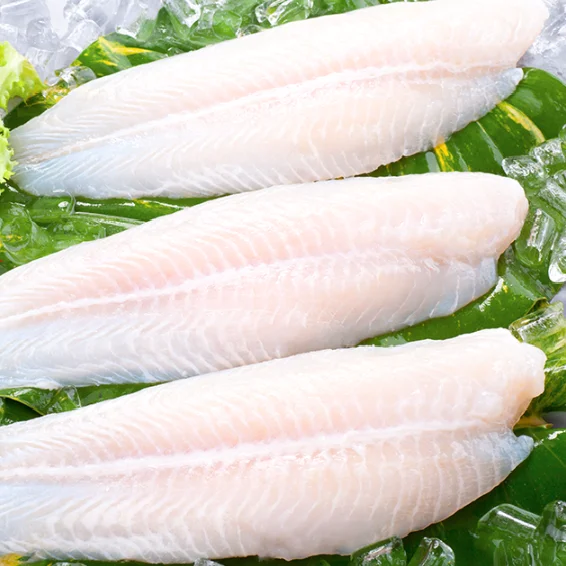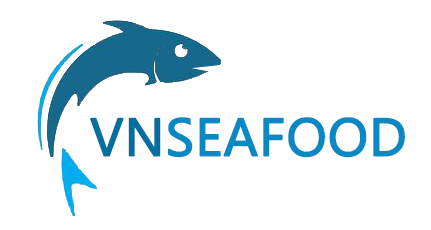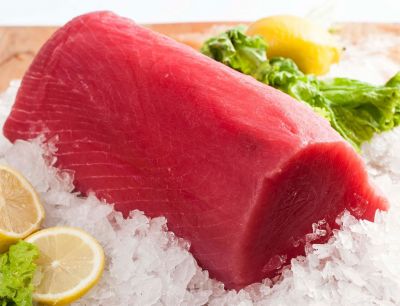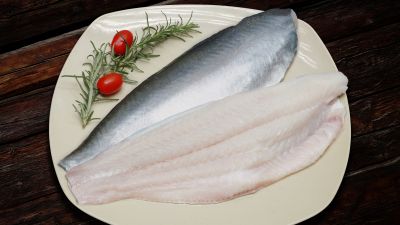China removed the policy of suspending the import of frozen food contaminated with Sars-COV-2 virus after nearly 2 years of implementation.
The reason for the removal of this controversial policy is because the number of shipments infected with the virus is decreasing while China is also trying to minimize the damage caused by the implementation of the Zero COVID policy.
Previously, companies were suspended from exporting for 1 week after testing positive for the first two times, and suspended from exporting for 4 weeks if they were found positive on the third test.
The main seafood suppliers to China including Ecuador, India, Vietnam, Indonesia and the Philippines have all had trouble with this policy.
The Chinese side said strict inspection was necessary after workers in cold storage became infected with Covid after handling imported frozen food. However, the World Health Organization says frozen foods do not pose a risk of COVID-19 infection.
Li Zhengliang, Deputy Director General, General Administration of Customs of China (GACC), said that the country has succeeded in requiring food exporters to tighten the monitoring of coronavirus testing on their products. The Chinese government has increased dialogue with the government and strengthened remote monitoring to prevent risks for imported frozen food.

Measures now widely applied to exports to China include sterilization of packaging and vaccination of factory workers. While global COVID-19 cases remain high and are showing signs of increasing in some regions, the number of cold chain imports that have tested positive has dropped significantly recently.
In the first half of 2022, China Customs monitored 182 cold storage supply chain enterprises via video telemetry and held 208 video conferences. During this period, about 45.8 million batches of cold chain food were disinfected at ports across the country.
Source: vietfishmagazine.com





